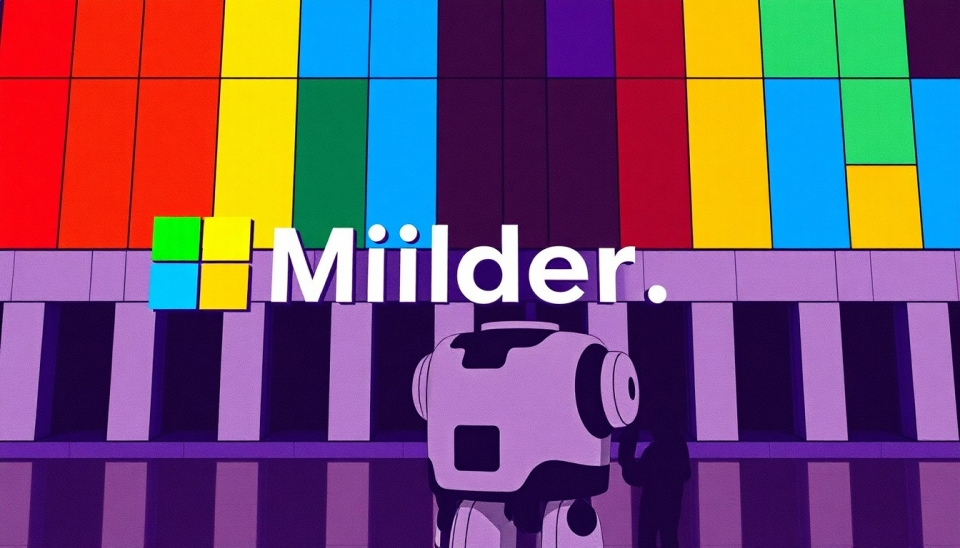
In a recent report, it has come to light that Microsoft is encountering significant difficulties in retaining women and minority employees within its workforce. Despite the tech giant's commitment to diversity and inclusion, the company is struggling to maintain the retention levels necessary to achieve a truly equitable workplace.
The findings indicate that many women and minority employees at Microsoft feel undervalued and overlooked, leading to increased turnover rates in these demographic groups. The situation has raised concerns among industry observers and advocates for diversity, who argue that a failure to address these issues could have long-term implications for Microsoft’s reputation and overall performance.
According to the report, several factors contribute to this trend. Employees cited a lack of career advancement opportunities, limited mentorship for underrepresented groups, and workplace cultures that do not fully embrace inclusivity as major barriers they face in the company. Many have expressed feelings of isolation and disengagement, leading to a sense of disconnect from the organization as a whole.
In response to these alarming trends, Microsoft has outlined several initiatives aimed at improving retention rates among women and minority populations in the organization. These initiatives focus on enhancing mentorship programs, providing more professional development resources, and actively involving employees in the decision-making process. However, it remains to be seen whether these efforts will be sufficient to reverse the current trend of attrition.
Hiring diverse talent is only half the battle; retaining that talent requires continued effort and commitment. Microsoft's leaders acknowledge the need for more robust strategies to create an inclusive environment where employees feel valued and can thrive professionally. Additionally, the company faces pressure from stakeholders to demonstrate measurable progress in its diversity goals.
The situation at Microsoft is not an isolated issue, as many organizations within the tech industry face similar challenges related to diversity and employee retention. As competition for skilled talent intensifies, companies are increasingly recognizing that fostering an inclusive workplace is crucial not only for employee satisfaction but also for driving innovation and growth.
Industry experts suggest that Microsoft and other tech companies must go beyond surface-level diversity initiatives. Implementing systemic changes within organizational cultures, focusing on intersectionality, and ensuring that all employees have access to meaningful career development opportunities are essential steps toward achieving true equity in the workplace. Without these changes, the talent pool may become increasingly homogenous, resulting in missed opportunities for business success.
As Microsoft continues to grapple with these issues, there is hope that increased awareness and proactive measures can lead to a more inclusive and supportive environment for all employees. The stakes are high, as the tech sector relies on diverse perspectives to fuel innovation and drive the industry forward.
#Microsoft #Diversity #Inclusion #WorkplaceEquity #EmployeeRetention #WomenInTech #MinorityEmployees
Author: John Miller




